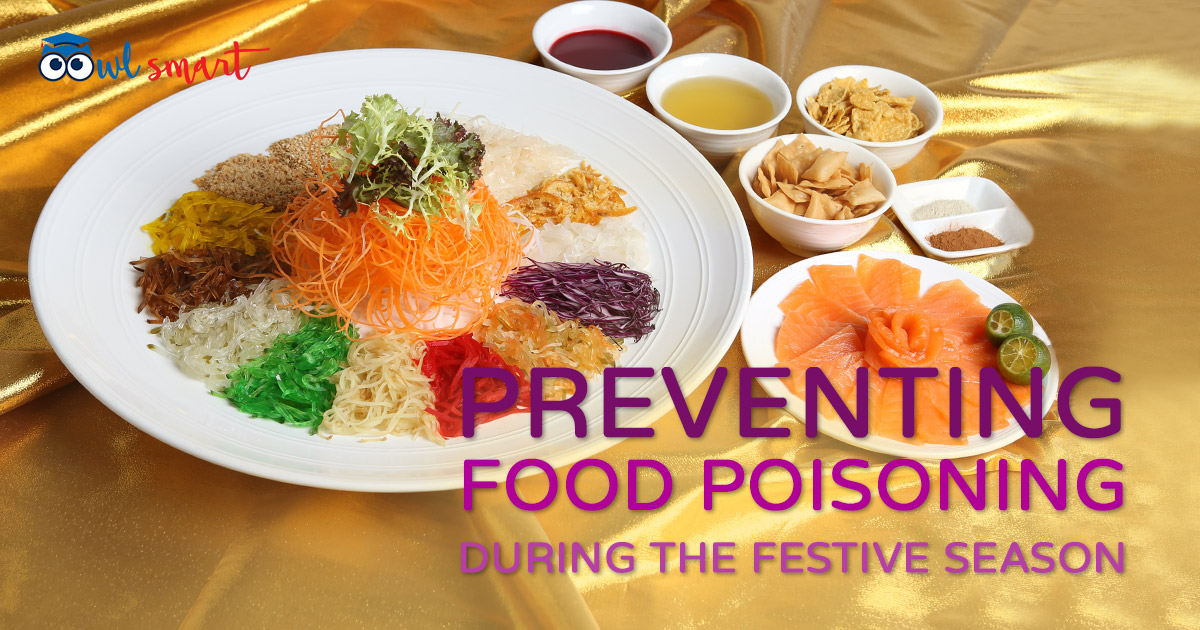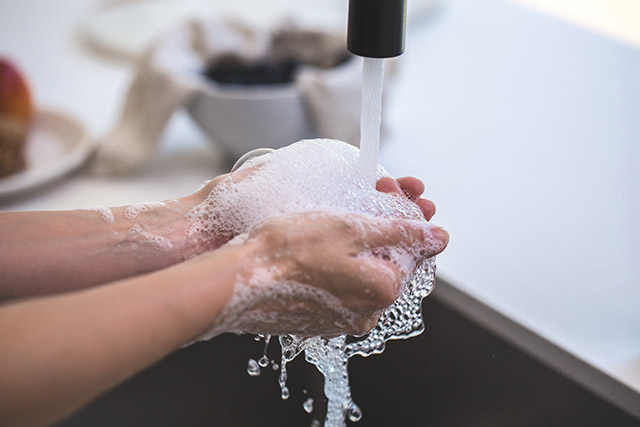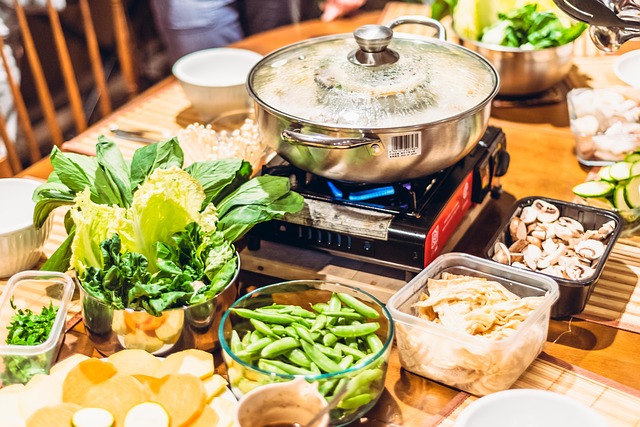
Dear Readers,
Happy Chinese New Year!
It's that special time of the year when many families gather together and eat lots of goodies and snacks.
Be careful though! CNY is a known period where people have a higher chance of gastroenteritis or food poisoning. In general, food poisoning tends to be caused by viruses, of which the majority of patients will experience mild self-limiting symptoms. Food poisoning cases caused by bacteria such as E. coli tend to be more severe and result in high fever. Lastly, food poisoning can also be caused by parasites or toxins but those tend to be rarer in our local context.
3 tips to avoid getting the ‘runs’ this CNY
- Wash your hands regularly, especially if you're using them to touch CNY goodies such as pineapple tarts and love letters. Your hands touch many surfaces throughout the day and pick up many viruses and bacteria on its surfaces. Without proper hand washing, these ‘unwanted’ guests may enter our gut through our food.

- It is important to separate utensils which are used to handle raw food. Many times, at steamboat meals I have observed the following mistake: a person uses a chopstick/fork to put raw meat into the boiling pot, subsequently to use the SAME utensils to put food in his/her mouth. This is risky behaviour.

- Do not expose your food outside for too long. In general, all cooked food should be kept within 2 hours to prevent it from going bad. Always check whether leftover food has gone bad by checking its colour and smell. Remember the golden rule: IF IN DOUBT, JUST THROW IT AWAY
What to do if you or your child start having food poisoning symptoms such as diarrhoea and vomiting
- Hydrate hydrate hydrate. It is important to replace fluids lost through vomiting or diarrhoea.
- Avoid eating spicy and oily food. In fact, it is best to go on a diet of porridge and soup for a while to allow one's stomach and intestines to rest.
- Avoid beverages with high sugar content. These may not effectively hydrate a person.
- Ensure that you or your child gets enough rest in order to recover.
When you or or your child should see a doctor
- Having vomiting episodes lasting more than a day
- A high temperature of over 39ºC
- Blood in the faeces or vomit
- Severe abdominal pain
- A fast heartbeat
- Signs of severe dehydration (reduced urine, dizziness, extreme thirst, lethargy, confusion, listlessness)
So stay safe and stay healthy during this festive period.
Enjoy the good food and the Hong Baos!
About the Author
Dr Mark Liew is a Certified Family Physician practising in Singapore. He juggles between being a businessman, a doctor and a family man with 2 active young boys. In his very modest spare time, he plays chess and hopes to become a decent player one day.



